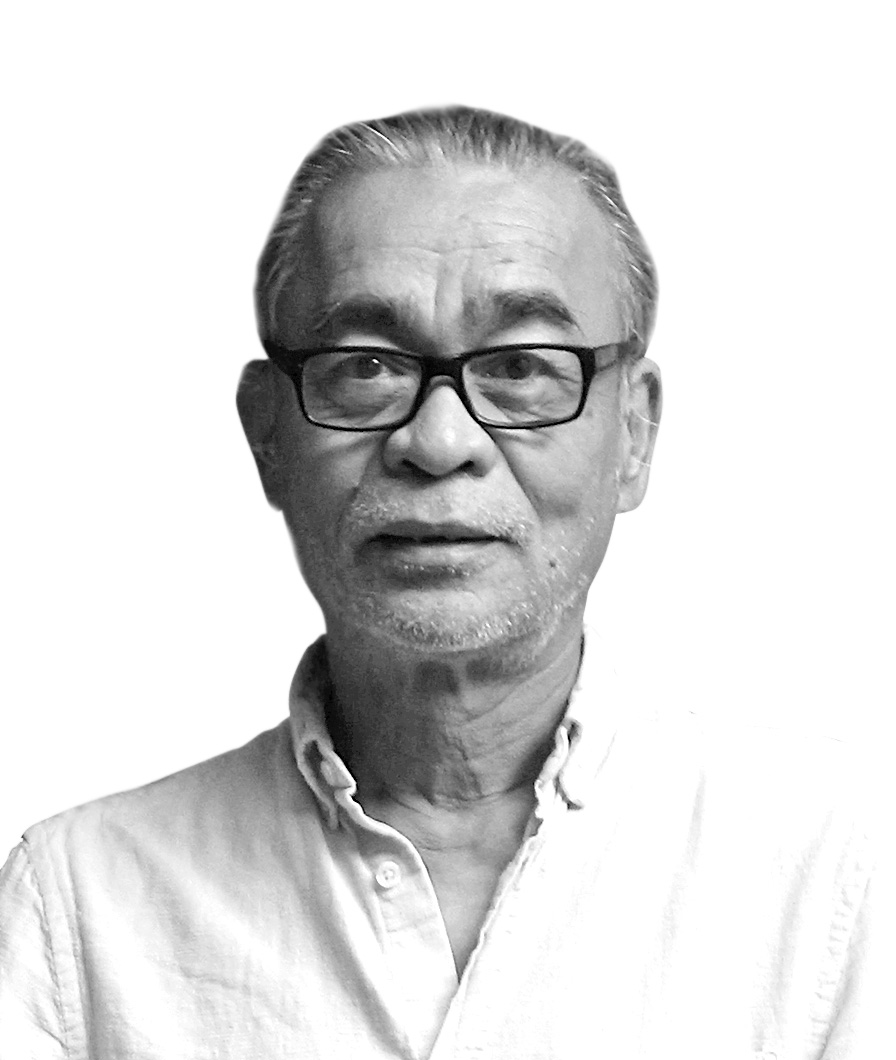
RAYMUND FERNANDEZ
My late father said it from time to time, “Pesteng yawa!”
He snapped those words always as an interjection, an emotion-driven outburst to communicate anger, precursor to a scolding.
And I remember myself hating it.
Still, the example he set gave me a pre-inclination to that sort of speech.
It would take me time and much effort to rid myself of it entirely.
What finally convinced me was a passage in “Barangay” by William Henry Scott.
He quoted the journal of Antonio Pigafetta, which contains an indigenous vocabulary including the word: “yawa.” It means “pagan,” even though my father and his neighbors used it to mean, “devil.”
The point is: colloquial speech is always complicated and always subject to subtle culture-driven nuances of delivery and interpretation.
I never heard my father curse in public speech or when many people were listening.
He knew there were appropriate times and paces where the Bisaya may talk with words like: Pesteng yawa! Putang ina! Lulu! Kayat!
The list goes on becoming worse and more painful.
When he was drinking with his closest friends, the Bisaya is allowed to speak that way.
His closest friends may actually find it amusing and join in themselves.
It is part of private banter with applicable issues involving closeness or proximity of friendship and intimacy.
Every Bisaya knows this is not the way a respectable gentleman speaks.
But inside the privacy of close friendship something akin to “suspension of judgement” may be allowed.
When other people are present, cursing is never acceptable.
When it is used in public speech the ordinary Bisaya will actually cringe.
Quite unfortunately, the usual reaction to this sort of embarrassment is to laugh.
One squirms in his seat and laughs as if hearing a joke.
And then tells himself, “Oh let me just tolerate this.
He is after all a powerful man who holds me under his thumb and could really do me harm.”
The totality of effect of this kind of language is to make people afraid.
In the depths of collective psyche it recalls the old colonial relationship related to power.
And one may imagine the old colonial master cum warlord scolding his “sa-up” beginning with, “Pesteng yawa!” 400 years of colonial experience would have an effect on how people receive verbal cues.
And on any good day while so many feel that the world is in crisis, fear can be quite useful, even soothing, for those who are afraid of many things imagined or real: fear of the weather, fear of the unknown, fear of bogeymen, fear of addicts, fear of the poor…
But where my cousins and relatives were concerned, they knew they were doing bad when they spoke this way even among themselves.
I doubt whether my father, his neighbors, relatives, and the friends he hanged out with would ever say those words in public speech.
The Bisaya would know that such use of language in public would put to question the speaker’s decency. His Bisaya listeners would know: This man who is speaking is a buffoon.
Disclaimer: The comments uploaded on this site do not necessarily represent or reflect the views of management and owner of Cebudailynews. We reserve the right to exclude comments that we deem to be inconsistent with our editorial standards.
